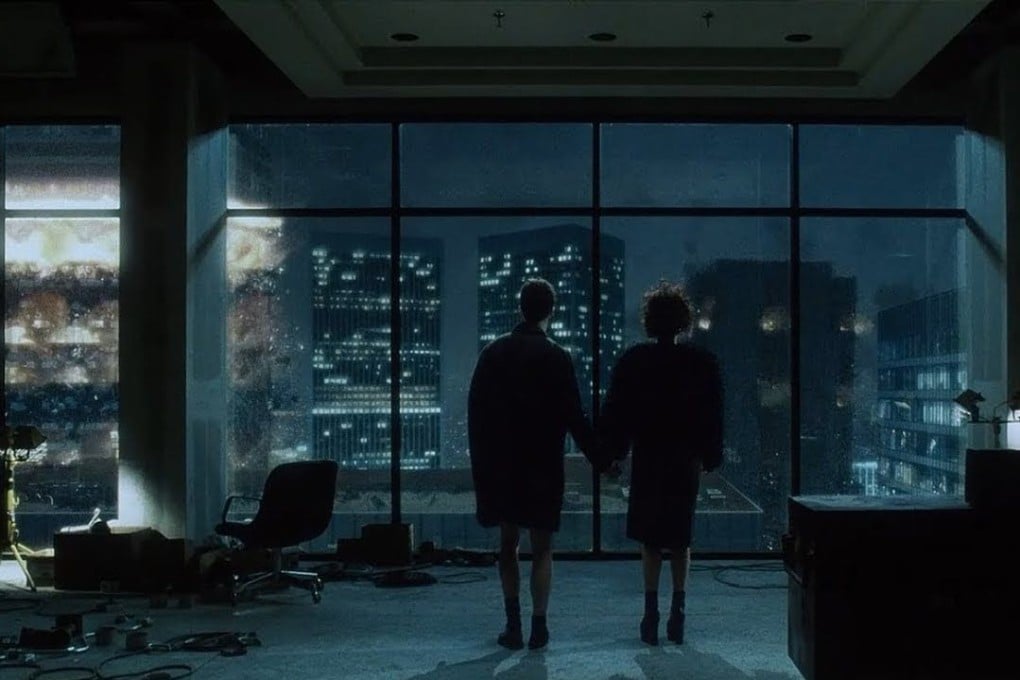Tencent restores Fight Club ending after censorship backlash in China on social media
- The restored ending adds back about 11 out of 12 minutes cut from the film, but some scenes featuring nudity are kept out
- Tencent Video previously replaced the original ending with text saying authorities thwarted a plot to bomb buildings and wipe out consumer debt

Last month, Tencent Video started streaming David Fincher’s cult-classic 1999 film, which stars Edward Norton, Brad Pitt, and Helena Bonham Carter. What viewers did not expect, however, was a cut to black in the final scene with text appearing on screen to explain that the police had arrived in time to arrest the protagonist, thwarting his plan to level skyscrapers containing credit card records with bombs placed around the city. The original ending shows the bombs going off and buildings crumbling to the ground.
The censorship ignited a social media firestorm among the country’s cinephiles. The film now has only about a minute cut – down from around 12 minutes – with a runtime of 137 minutes. As with other films released in China, the new cut keeps out some scenes containing nudity.
China has a long history of altering films and TV shows to make them consistent with what the government considers socialist values. Hollywood studios like Walt Disney and television networks like WarnerMedia’s HBO have seen their content expurgated for release in China. The restoration of the Fight Club ending marks a rare reversal of such a decision.
After the change was noticed in late January, it made headlines around the world, thrusting social media giant Tencent into the middle of a debate about censorship, making it a target of many Chinese netizens.
The Shenzhen-based tech firm, the world’s largest video games company and the operator of WeChat, did not immediately respond to a request for comment on Sunday.
Fight Club tells the story of an unnamed character, played by Norton, who suffers from insomnia and has an imaginary alter ego named Tyler Durden, played by Pitt. Durden starts an anti-corporate group called Project Mayhem that eventually seeks to wipe out American debt by blowing up the buildings containing credit records. Norton’s character tries to stop the plot when he realises what has happened, but it is too late.